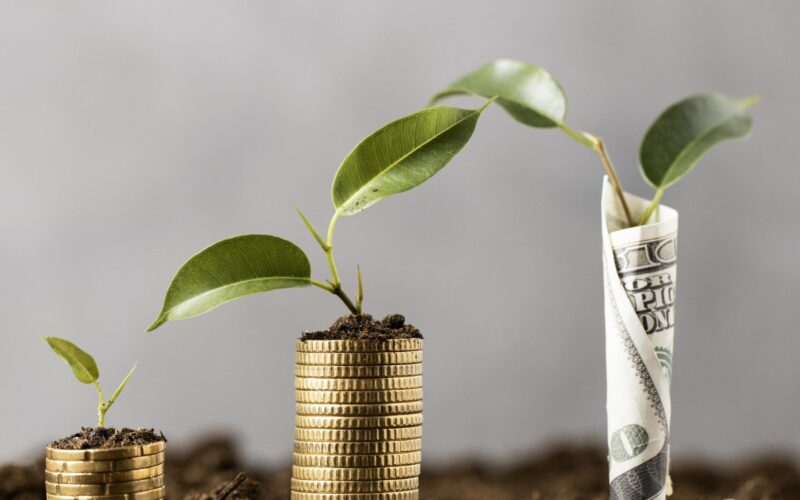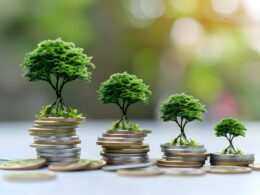Funds focusing on companies with strong biodiversity credentials are outperforming other climate-related investments this year, raising expectations of significant future inflows. According to Morningstar Direct, biodiversity-labeled funds now hold over $3.9 billion in assets, a 45% increase over the past 12 months. These funds have delivered an average return of 11% in 2023, while benchmarks related to renewable energy, carbon, and electric vehicles have faced declines, with the latter dropping 21%.
The surge in biodiversity investments follows the COP15 agreement in December 2022, which pushed the finance industry to prioritize natural resources. Companies working to halt and reverse nature loss or mitigate their environmental impacts have attracted attention, as nations rush to create strategies for protecting habitats and wildlife ahead of COP16 next month. This is expected to drive further investor interest.
“We see a major structural shift in the biodiversity space,” said Anna Vaananen, co-manager of the $230 million AXA WF ACT Biodiversity fund. The Article 9-compliant fund under the EU’s strictest sustainability category invests in firms developing scalable solutions for reducing biodiversity footprints in sectors like food and infrastructure. “These are decades-long transitions that offer great growth opportunities,” Vaananen added.
Despite challenges such as limited reliable data, the number of exchange-traded and open-ended biodiversity funds has risen to 30 from 21 last year, according to Morningstar Direct. Portfolios often include companies involved in waste management, clean water supply, and engineering services. Republic Services Inc. and Xylem Inc., both top picks in biodiversity funds, have gained nearly 23% and 17% this year, respectively.
Some funds, like the Northern Trust World Natural Capital index fund, track tech-heavy benchmarks like the EU Paris-aligned index, with Nvidia and Apple among the top holdings. For fund managers like Jonathan Toub, co-manager of Aviva Investors Natural Capital Transition Global Equity fund, the goal is both market outperformance and biodiversity impact. His fund, which includes major companies like Microsoft and Taiwan Semiconductor Manufacturing Co., gained about 13% this year.
Other managers see private markets as the best avenue for driving positive environmental impact. Peter Bachmann, managing director for sustainable infrastructure at Gresham House, noted, “Building habitat banks, vertical farms, or forests requires long-term capital investment, which is hard to achieve through public markets.”





















